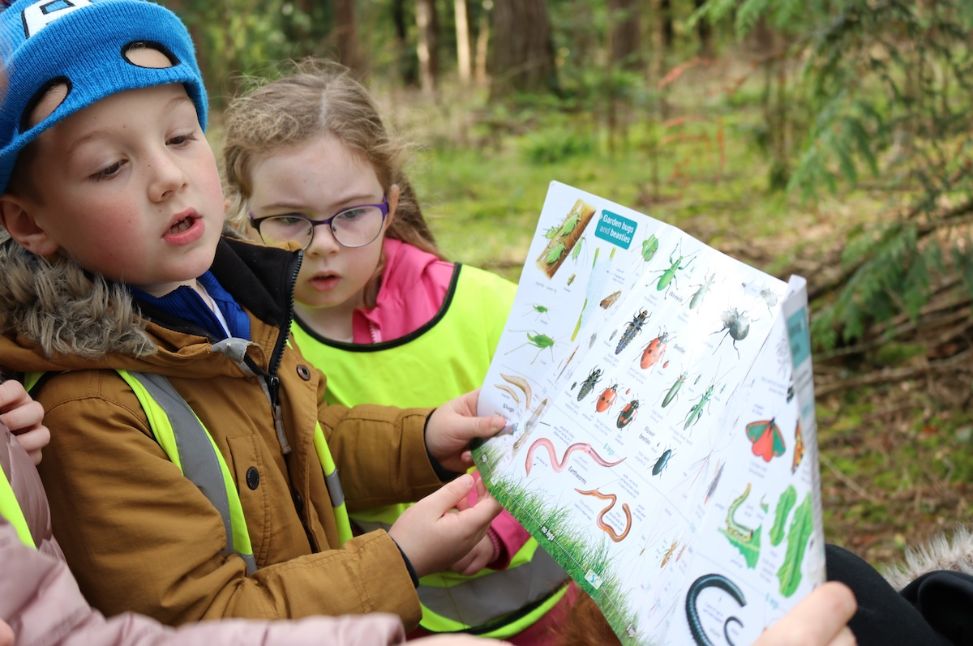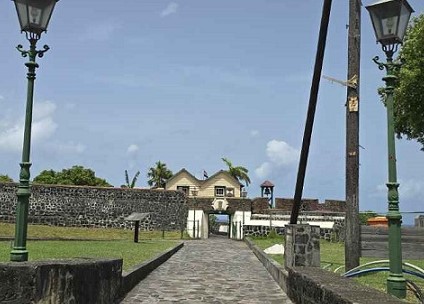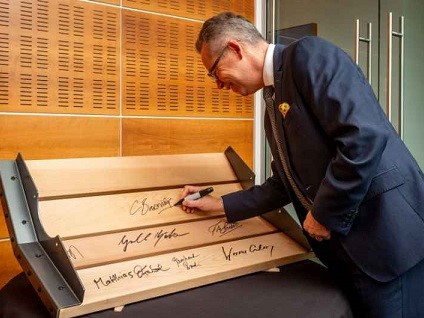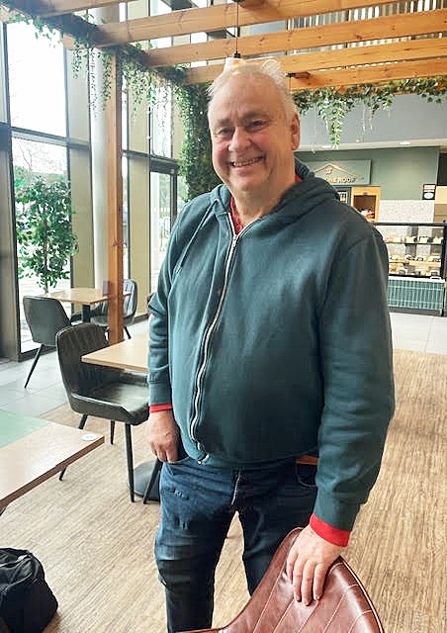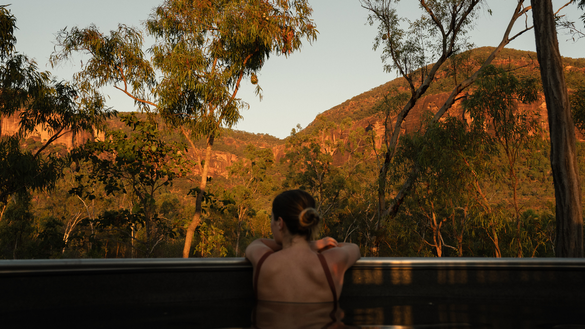From an idea conceived in wartime, the UK’s largest environmental education charity is continuing to equip the eco-guardians of the future to fight for nature.
The Field Studies Council, which celebrates its 80th anniversary this year, welcomed nearly 120,000 learners to its residential and day learning spaces in 2022, with hundreds of thousands more making use of online learning, digital resources and its own wildlife identification charts. The council was created in 1943 with a vision to connect people with the great outdoors.
Field Studies Council chief executive Mark Castle said: “Our founders had an amazing vision which centred on the need for the UK to have dedicated places where people could study nature and the environment. That they also had the tenacity and determination to get the Field Studies Council up and running during the difficulties and privations of World War II is truly remarkable.
“What was relevant then is just as relevant now: a world emerging from a crisis but knowing that opportunities for everyone to study in and about the natural world are essential. There isn’t a lesson in the school day that can’t be enriched by connecting to nature, or a subject in the curriculum that can’t be enhanced by outdoor learning.
“Independent evaluation and powerful stories tell us, again and again, how valuable and valued the experiences we offer are for learning and improved wellbeing. We want to create not just happy students, but students who are equipped to fight for nature.”
Published this month, the charity’s latest impact report, also shows that:
- From September 2021 to August 2022, more than 103,000 learners from schools, colleges and universities took part in outdoor learning at the charity’s day and residential field centres, with more than 40,000 residential stays
- In 2022, more than 13,000 adults trained in applied biodiversity skills online and in person at Field Studies Council centres and 22 partner locations
- More than 142,000 wildlife guides were used by volunteer recorders, families and professionals
- The free resources pages for students and teachers on the Field Studies Council website were visited more than 500,000 times in 2022
Mark added: “Knowledge and understanding of the natural world is more important now than ever before, and we will work tirelessly to make sure that we continue to be a leading player in environmental education and policy.
“This year we have been involved with the new Curriculum for Wales, supported proposals for every Scottish and Welsh schoolchild to experience an outdoor residential, engaged with the Department for Education and ministers over the Nature Park and Climate Leaders Award, helped improve access to nature for everyone, helped make access and connection to nature a central part of England’s national Health and Wellbeing Plan and secured funding for projects through streams like the Heritage Lottery Fund or the Dormant Assets Fund.
“We will continue to make our voice heard as we strive to make sure everyone, regardless of background or personal circumstances, can improve their skills and wellbeing through being outdoors.” The Field Studies Council has a number of events and projects planned to mark its 80th anniversary, including planting 80 trees at its centres to highlight net zero carbon goals and nature recovery.
Celebrations started with a two-night staff conference and will continue with regional events and activities around the country. The Field Studies Council is also further developing its Young Darwin Scholarship, which brings together young people with a passion for the natural world who need support and friends to follow their dream.
They have supported and mentored 150 scholars, with 75 new ones created in 2022 – research has shown that most go on to study biodiversity and have related careers as a result of the training and mentoring they receive from the Field Studies Council.
Mark said: “I’m delighted that we will be awarding another 80 Young Darwin Scholarships to mark the 80th anniversary. All of our scholars so far have left the course with more understanding of what environmental career pathways they could follow, while being able to enjoy learning surrounded by like-minded people.
“This year, we have grown and diversified our Young Darwin community by focusing on new locations, neuro-diversity and ethnicity, and we are grateful to our generous donors who have allowed us to make the opportunity available to scholars who would not otherwise have been able to afford the course.” For more information about the Field Studies Council and the learning and leisure opportunities it offers, visit www.field-studies-council.org/



